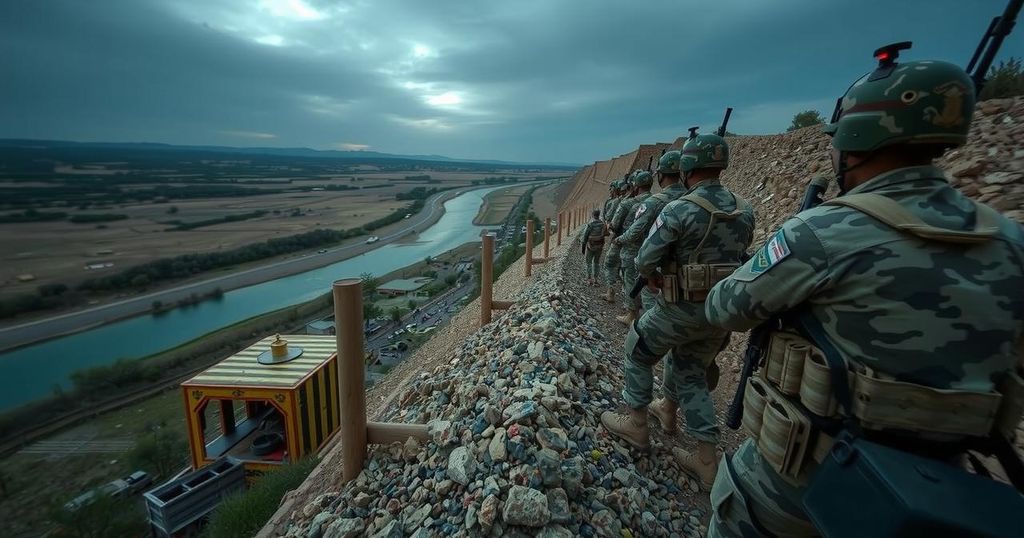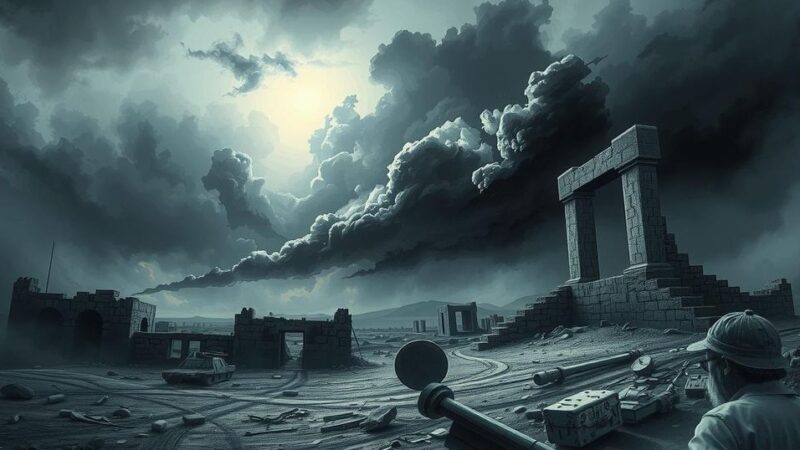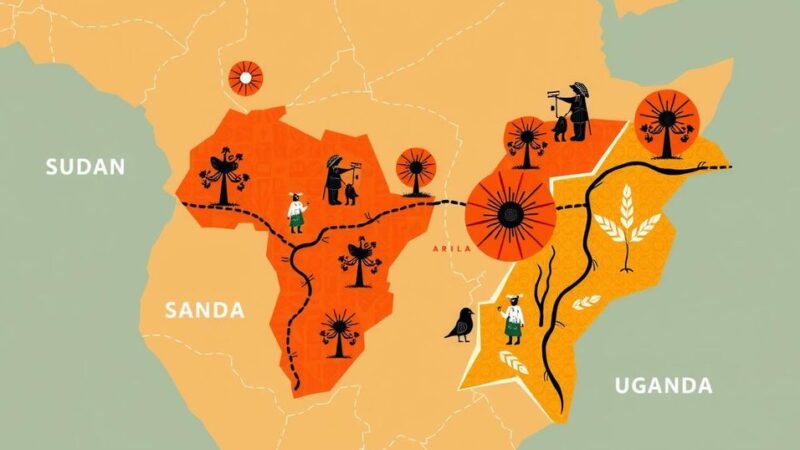IDF troops have reached the Litani River in Lebanon, marking a significant military advancement amid expectations of a ceasefire. Prime Minister Netanyahu urged for a ceasefire, detailing IDF operations against Hezbollah, while protests against the ceasefire erupted in Tel Aviv. U.S. Secretary of State Blinken expressed that a ceasefire could foster regional stability. The IDF has struck multiple targets in Beirut, heightening tensions with Hezbollah as a ceasefire announcement looms on the horizon.
Israeli Defense Forces (IDF) have reached the Litani River in Lebanon for the first time in over 20 years amidst heightened military activity and an impending ceasefire agreement. Prime Minister Benjamin Netanyahu addressed the nation regarding IDF operations across Gaza, Lebanon, the West Bank, and Syria, emphasizing the urgency of a ceasefire. Concurrently, demonstrations against the ceasefire took place in Tel Aviv, with protesters arguing that the agreement symbolizes capitulation to Hezbollah. High-ranking officials, including U.S. Secretary of State Antony Blinken, expressed optimism that a ceasefire could positively impact regional stability and security, particularly by addressing threats posed by Hezbollah. As the military escalates its operations, striking several targets in Beirut, discussions regarding Iran’s influence over Hezbollah add another layer of complexity to the situation. The ceasefire is anticipated to be officially announced at 10 p.m. by U.S. and French officials, following approval from Israel’s war cabinet.
Anti-ceasefire protests have been reported, emphasizing the concern among local leaders and residents regarding potential security ramifications. The IDF’s recent strikes targeted various Hezbollah infrastructure throughout Beirut, indicating a strategic focus in the lead-up to the ceasefire.
The political and military context surrounding the recent events in the region has been fraught with tension due to ongoing conflicts involving Israel, Hezbollah, and Hamas. Netanyahu’s summary suggests that the IDF is adapting to recent threats, particularly from Hezbollah, which has increased its attacks against Israel. Skepticism regarding a ceasefire arises from fears that it may allow Hezbollah and Iranian influences to consolidate power in Lebanon, prompting the rise of anti-ceasefire demonstrations. The implications of these developments are significant for regional peace, security, and the Israel-Hezbollah dynamic.
In summary, the actions by the IDF and the ongoing discussions about a potential ceasefire highlight the precarious nature of security in the region. Concurrent protests against such agreements illustrate the divide in public sentiment regarding national defense and the presence of Hezbollah. Moreover, international involvement, particularly from the U.S. and France, aims to mediate and potentially stabilize the situation but is met with local resistance and concerns over Hezbollah’s rising influence. The outcomes of these events will likely shape Israel’s future engagements with militant groups and regional powers.
Original Source: www.jpost.com






